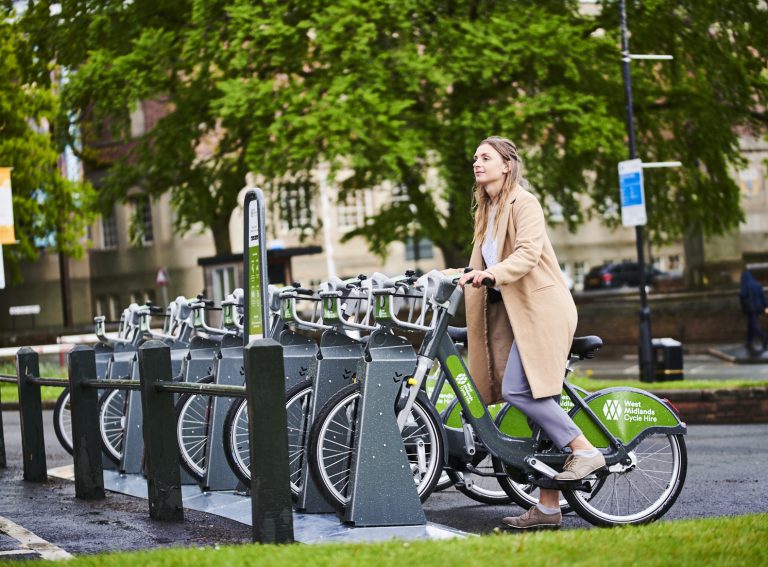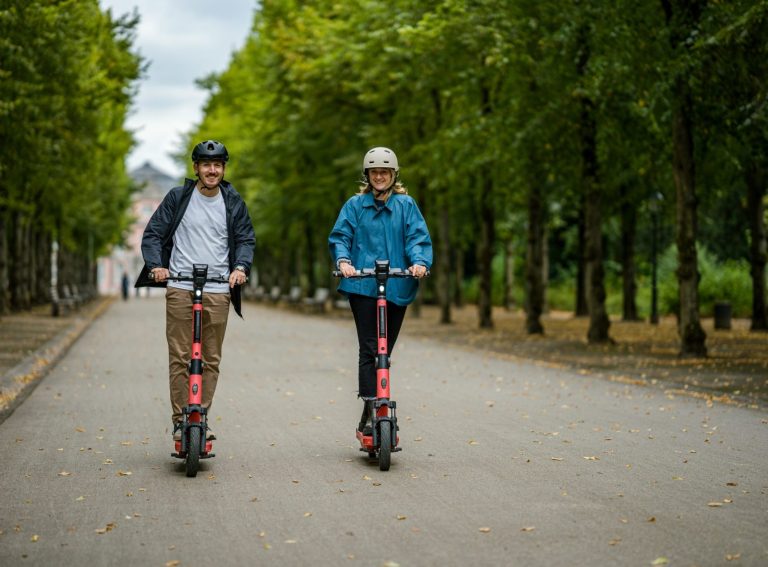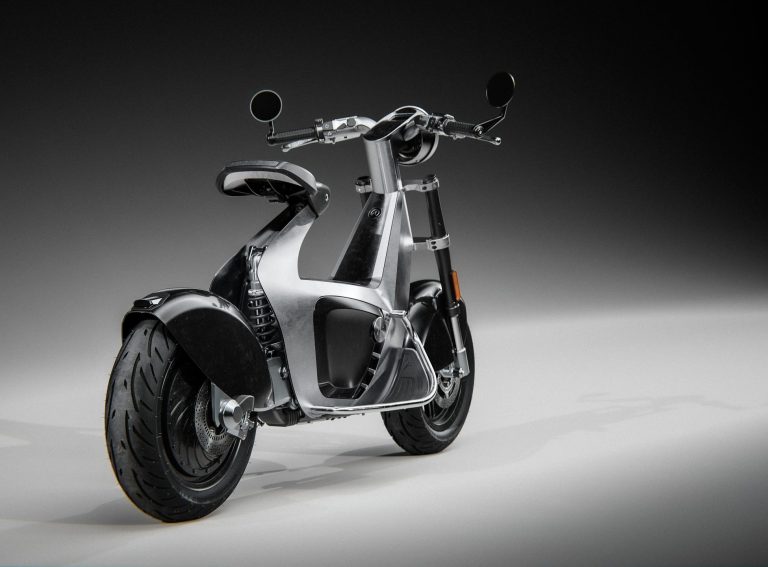A new ‘Product Safety and Metrology Bill’ announced in the King’s Speech today seeks to address the fire risks associated with e-bikes and lithium-ion batteries in the UK.
The King’s Speech sets out the new Labour government’s legislative priorities following the party’s general election victory. Since 2020, there have been over 190 injuries and at least 13 deaths in lithium-ion battery fires, and the UK is currently experiencing nearly one e-bike or e-scooter fire per day.
This Bill will give the new government powers to ensure a continued supply of safe goods into the UK market and provide more regulatory stability and protection for consumers.
A government briefing document says: “There is an urgent need to legislate to respond to emerging threats to consumer safety, for example to address issues such as incidents from… e-bike fires where there was a 78 per cent increase… in 2023 compared to 2022 in London, according to the London Fire Brigade.”
Electrical Safety First, the UK’s leading charity dedicated to electrical safety, has been calling for a safety Bill so that all e-bikes, e-scooters and their batteries gain third-party approval before entering the UK market. This would mean an independent body would have to certify that a battery meets safety requirements before coming to market. The same regulations already exist for other high-risk products, such as fireworks and heavy machinery.
Commenting on the Bill, Wayne Mackay, Head of Public Affairs at Electrical Safety First, said: “We are thrilled to hear of plans by the Government to finally address the prevalent risk of e-bike battery fires, following our extensive campaigning work on this issue. This Government now has a golden opportunity to turn the tide by introducing third-party certification for e-bike batteries, bringing them in line with other high-risk products already subject to extra safety rules.”
In April this year, Britain’s largest volume bike manufacturer Brompton Bicycle backed the charity’s Bill.
“Brompton is a strong supporter of the government’s plan to introduce the Product Safety and Metrology Bill which will regulate the sale of ebike batteries and chargers,” Julian Scriven, Chair of Brompton UK Division, told Zag Daily.
“As a reputable manufacturer, we put all of our products including the Brompton Electric through rigorous independent certification before reaching customers. We’re pleased to hear that untested and unsafe imported products could be stopped from reaching people in the UK.”
Ctrl+F finds no mention of e-scooter
In a blow for the new mobility industry, however, there was no mention of micromobility legislation in the King’s Speech. Stakeholders may have hoped that further clarity on micromobility would have materialised after the Queen’s Speech in 2022 introduced the Transport Bill, which alluded to the legalisation of e-scooters and a new ‘Low-speed Zero Emission’ vehicle (LZEV) category.
Jim Hubbard, Senior Policy Manager at Voi UK, commented: “It’s disappointing there’s no clear avenue to legalise the use of e-scooters and regulate e-bikes. However, we hope the government’s intention to empower local leaders means that they will invite and encourage cities interested in introducing e-scooter trials of their own to do so now without the need for legislation.”
George Beard, Head of New Mobility at Transport Research Laboratory (TRL), said: “Following the previous King’s Speech in November 2023 I expressed disappointment about the lack of mention of ‘e-scooter’, ‘micromobility’, or ‘LZEV’. A search of today’s King’s Speech leads to the same result, a distinct absence of regulatory reform to accelerate growth of a safe, sustainable and accessible micromobility market – which is disappointing.
“E-bikes are however mentioned, with the announcement of a new ‘Product Safety and Metrology Bill’ to, among other things, bring new powers for tackling the fire risk associated with e-bikes and lithium-ion batteries. The consequences of lithium ion battery fires can be devastating, and so a focus on addressing the shortcomings here are welcome. There are certainly opportunities to update and improve existing standards around light electric vehicle batteries and more needs to be done to raise awareness of the risks amongst consumers, particularly around unsafe charging behaviours.”




